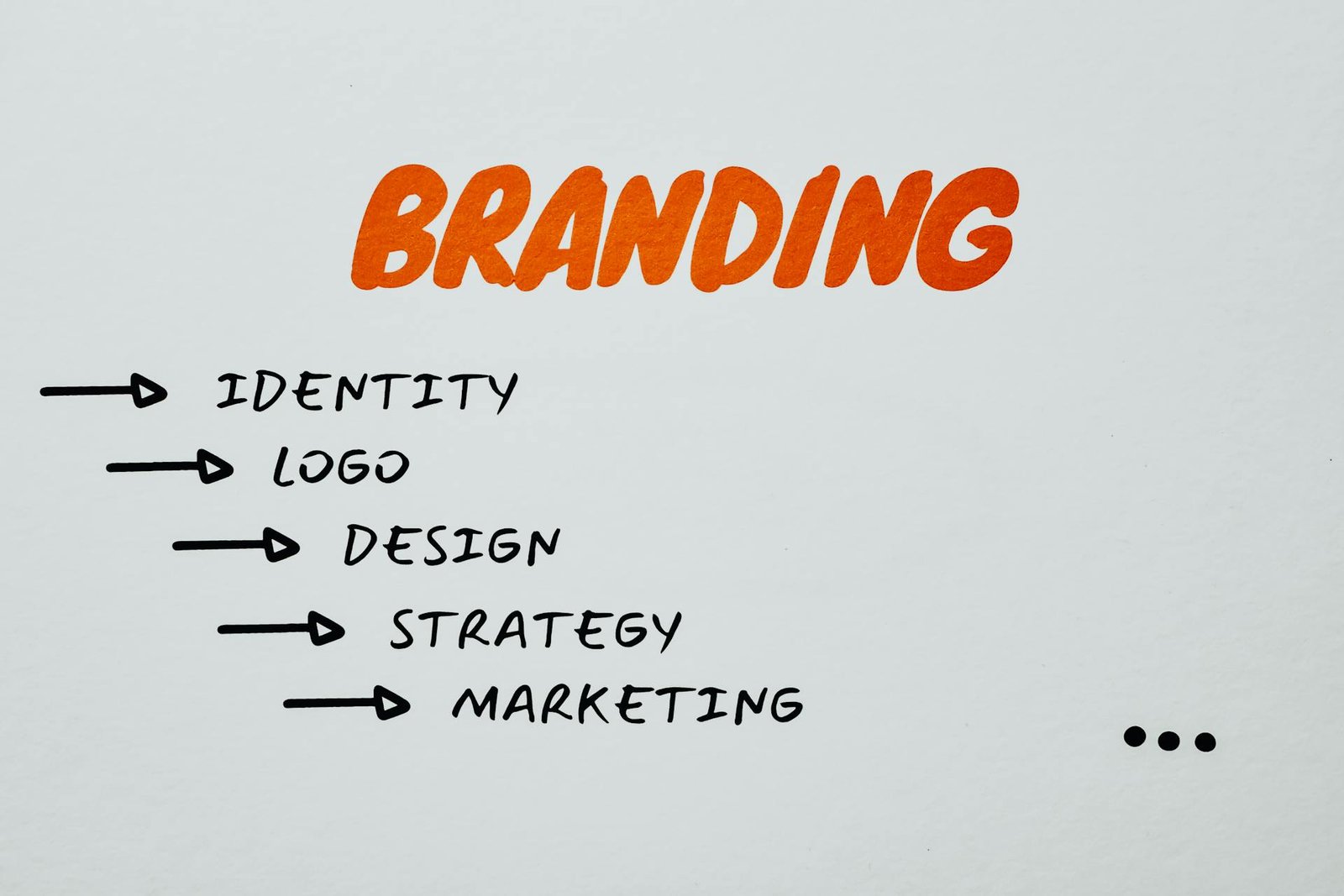Authentic Brand Building: The cold hard truth nobody’s talking about ! 📨
Thinking about how to build a brand? Many people believe branding is just about your logo, colour palette, visual identity, products, services, trademarks, patents, or even shelf space and billboards. But that’s only the surface. The cold hard truth about genuine branding is that your authentic brand is the sum total of every possible interaction you have with your potential and existing customers and stakeholders – and crucially, how those interactions make them feel. Your brand is built on the experiences, perceptions, expectations, memories, and stories people associate with your business. Therefore, effective branding is how you intentionally influence these associations to create a strong, positive perception.
As the saying goes, “People will forget what you said, forget what you did, but they will never forget how you made them feel.” This feeling is at the heart of an authentic and memorable brand.
Why Your “Why” is Key to Authentic Brand Building ꗃ

Great brands don’t just know “who they are”; they pinpoint their “Raison D’être” – their fundamental “Why does our business exist in the first place?” This core purpose is the starting point for truly authentic brand building.
Many so-called branding experts suggest starting solely by “identifying your audience.” While knowing your audience is important later, it’s not the foundation for building a genuine and memorable brand. True things come from within, from inner reflection. A brand that genuinely makes a difference in the world starts with honesty, sincerity, authenticity, and deep self-reflection. How you perceive yourself internally directly corresponds to how your brand is represented and perceived externally.
Don’t Be Neutral: How to Make Your Brand Stand Out !
Your brand isn’t supposed to be neutral. It’s not about being altruistic, but it is definitely “some-truistic” – deeply committed to something. While providing value is essential, an authentic brand is much more than that. It’s about genuinely caring for a specific “issue,” representing a particular “ideal,” or serving a certain group of “people” very, very deeply, in a way no one else can.
As designer Jessica Walsh famously put it, “If no one hates it, no one really loves it.” This highlights the power of taking a stand.
To make your brand stand out from the crowd, avoid being a people-pleaser. Don’t get distracted by trying to make a quick buck or capitalizing on fleeting trends. Whatever you do, don’t be just another commodity brand. Discover your unique personality, distinguish yourself, and find something you genuinely care about.
Questions for Discovering Your Brand’s Authenticity .ᐟ

To help you discover the core of your authentic brand and define what makes you “some-truistic,” ask yourself (or your team) these questions:
🔩 Why is this particular mission or issue important to me/us?
🪛 What makes this specific pain point or need more important to address than others?
🔧 Am I/Are we truly passionate about this?
🪓 Do I/We really care about serving this particular group of people, or is it just another payday?
🔨 How does this business enterprise genuinely contribute to the greater good?
Consider even personal preferences that influence your business’s character: Am I a Windows person or a Mac person? Do I prefer working in a sunlit office with bright colors or a dark room with cool neon lights? If you’re a naturally “hip” individual, your brand should likely avoid a super corporate feel.
Remember, nobody truly loves elevator music. They might tolerate it, but they don’t identify with it, they don’t dance, laugh, or cry to it. It’s just background noise. Don’t let your brand be background noise; be a brand people identify with.
Branding Starts with Authenticity – Be a Unicorn Brand 🌿

Branding truly starts with authenticity. While this authentic intention is intangible, when a company communicates it with clarity and sincerity in every single possible interaction and decision, that XYZ company transforms into a true brand. This is when people start identifying with it; they develop stories and expectations.
Consider Apple. If I told you Apple was launching a series of deodorants, you’d likely have an immediate anticipation – a vision of the packaging, the target audience, the feel. You could sense something abstract yet very real because Apple has built an authentic brand. Now, if I told you a company primarily known for laundry detergent was launching a new laptop, you’d probably have no idea what to expect. One has a brand; the other has a logo, billboards, adverts, and shelf space – but not the same depth of authentic connection.
Therefore, the most straightforward way to start establishing yourself as a strong, memorable brand is by being authentic. As Brené Brown says, “Authenticity is a collection of choices that we have to make every every day. It’s about the choice to show up and be real. The choice to be honest. The choice to let our true selves be seen.”
The Power and Protection of Authentic Branding 💯

Authenticity has the power to take your brand to places no technology, marketing funnels, or algorithms can reach alone. Being authentic requires the acceptance of vulnerability, transparency, and integrity. This genuine approach makes a brand fearless and provides the conviction to keep going when others stop.
Authenticity requires no pretense. You can only fake genuine care and concern for so long. If you ever feel tempted to be inauthentic, think of the politicians you despise – that should bring you back on track!
Ultimately, authenticity makes your brand integral and genuinely resilient. In today’s connected world, it only takes one viral video from a dissatisfied customer or employee to unmask inauthenticity and severely damage, if not sink, a business. Building an authentic brand isn’t just good for your customers; it’s essential for your long-term survival and success.
Bringing this endeavor to its ultimate fruition ⋆˙⟡
Loved ❤️ diving into the truth about building a truly authentic brand with you! It’s a journey that starts from within and resonates outwards, creating genuine connections that matter 💎
What are your thoughts on the “cold hard truth” of branding? Do you have your own experiences with building an authentic brand or seeing one in action? I’d love to hear your perspective – share your valuable thoughts in the comments below ! 👇🏼
If this article resonated with you and you believe in the power of genuine branding, please consider giving it a like 👍🏼 and share it with your network – fellow entrepreneurs, marketers, or anyone looking to build something real. Let’s spread the word about building brands with heart! 🙌🏻



